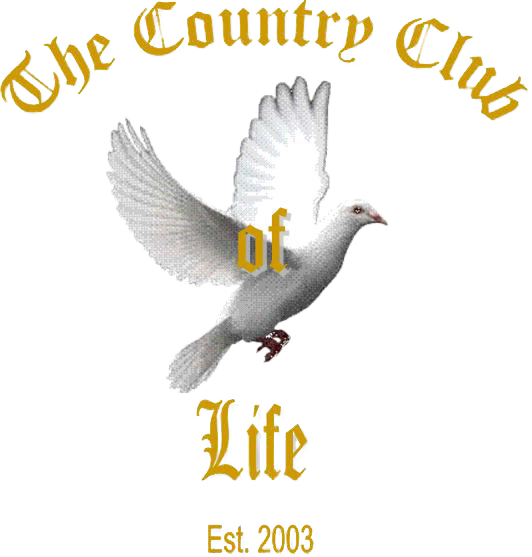planned giving

Typically, a planned gift is one that will provide a generous benefit to a designated charitable organization at the donor’s death. The donor may receive a charitable deduction immediately, but the charity will not receive any funds for its benefit until the donor passes away. Planned giving describes a wide variety of giving vehicles that allow the donor to give to the charity during their lifetime and after their death, while meeting their current income needs and providing for their heirs. The purpose of planned giving is to support the charitable organization in perpetuity (eternity).
Planned gifts can allow the donor to:
- Make a personally significant gift to a charitable organization.
- Reduce gift and estate taxes.
- Reduce or avoid capital gains taxes.
- Pass assets on to family members at reduced tax costs
- Possibility of receiving income for life
Planned gifts are an integral component of ‘leaving a legacy. Planned giving is a planning method designed to make an impact for future generations. It is surprisingly easy to arrange a planned gift, and many of the techniques are quite straightforward. However, more sophisticated gifts require more care, guidance, and counsel. The easiest way to include a charity in an estate gift is through a will, (also referred to as a bequest). The two words can be used interchangeably.
The most popular gift options typically used:
- Wills/Bequest
- Income-Producing Gifts
- Retirement Plan Asset
- Life Insurance
- Real Estate Gifts
We have contracted with Moriah Consulting, Inc., who has developed a planned giving concept that can benefit both our organization and the donor from day one. A sizeable estate is not needed to participate.
DISCLAIMER: We use the great game of golf to support our coaching. Why? Golf is played exactly the way the game of life should be played. Golf is played with rigorous honesty, and the golfer calls it on themselves when there's an infraction. Our coaching demands playing life straight down the middle and flirting with the out-of-bounds lines is prohibited. Our coaching platform has been named "The Country Club of Life" and will improve the lives of golfers and non-golfers alike if our students commit to doing the things most won't.
The Country Club of Life (here-in-after referred to as CC of Life) is a virtual life coaching and training system. It is holistic training bent on developing the "Whole" person. The system is a Tried, Proven, and Custom-developed testing into our students' lives', Physically, Emotionally, Spiritually, Intellectually, Financially, and Socially. Our coaching techniques and methods are rooted in the belief in Intelligent Design. Why? With over 30 years of clinical observation, trial, and research, we have observed that determining "Whose" we are will be critical to eventually discovering "Who" we are – and accepting the limitations of our discovery. "Who" we are and being anything, one makes our minds to be are typically the goals of most coaching techniques. Our research, trials, and findings strongly rebuke that approach. Only by determining where we came from can we determine where we're going. We can develop a successful, focused, workable, and closely monitored game plan for our students through the acceptance of our character defects and limitations. We do not reject or attempt to change contrarians' findings and opinions. We operate solely from a position of attraction - not promotion or opposition. Experience has shown us many want what we offer, making it unnecessary to debate the pundits.
CC of Life DOES NOT suggest that the system will guarantee success. WE ONLY SUGGEST OUR STUDENTS SUBSCRIBE TO OUR MOTTO. " DO WHAT MOST WON'T – ENJOY WHAT MOST NEVER WILL"
© 2025 All Rights Reserved | The Country Club of Life
